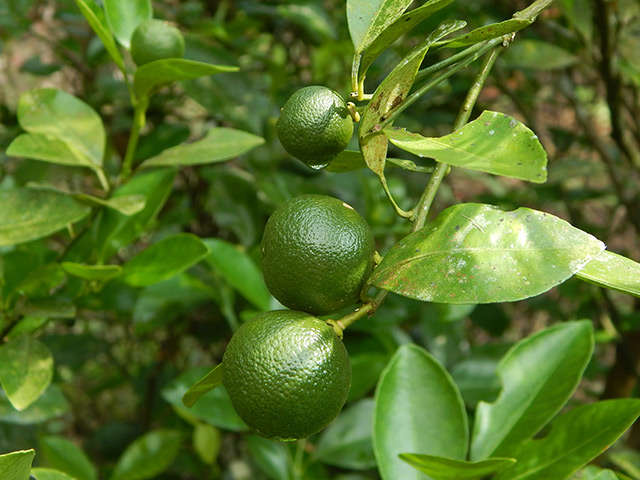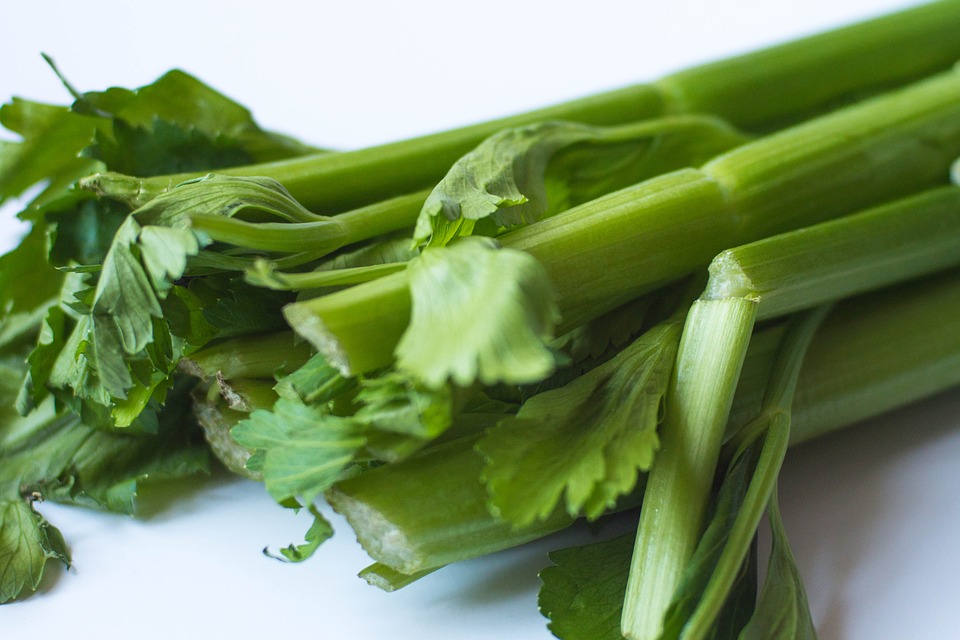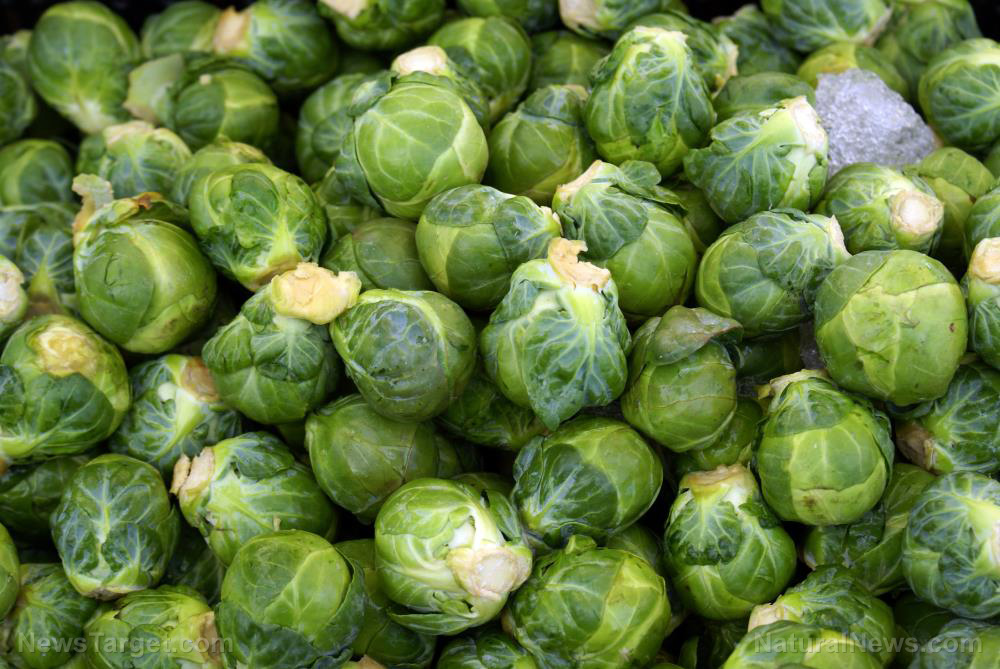Calamansi fruit from the Philippines found to be a powerful anticancer food
03/16/2019 / By Michelle Simmons

The calamansi (Citrus microcarpa B.) fruit is a citrus fruit that is widely grown in Southeast Asia, especially the Philippines. It is used in various beverages, condiments, dishes, marinades, and preserves – often, as a substitute for lemon. However, this small, round, and green-colored fruit is more than just a cooking ingredient. According to a recent study, the essential oil of calamansi fruit has powerful compounds that can fight cancer – all thanks to its high d-limonene content.
D-limonene, commonly found in the peels of citrus fruits, is a type of naturally occurring oil nutrients known as terpenes. Earlier studies have shown that this compound has powerful anticancer properties. In particular, a study from the University of Arizona Cancer Center found that d-limonene is responsible for the anticancer properties of lemon peels. In addition, d-limonene has also been reported to have powerful anti-inflammatory properties.
For the study, researchers from the Philippines sought to determine the volatile composition and d-limonene content of calamansi essential oil, as well as its effect on human and animal cells.
The results, which were published in the journal Industrial Crops and Products, revealed that d-limonene makes up at least 93 percent of the total oil, indicating that it is the main constituent of calamansi essential oil. When the researchers looked at the effect of calamansi essential oil on human mammary tumor cell line MCF-7 and Chinese hamster ovary non-tumor cell line AA8, they found that the essential oil appeared to be toxic to the human mammary tumor cell line.
With these findings, the researchers believe that the toxic effect of calamansi essential oil on tumor cells can be directly attributed to its high d-limonene content. In addition, they believe that the presence of other compounds in the essential may also have synergistic effects with d-limonene.
Furthermore, the study can also contribute to the Philippine calamansi industry economically, which produces large amounts of calamansi pericarp waste. Calamansi wastes are underutilized and may pose environmental concerns if not properly processed.
Based on these findings, the researchers concluded that calamansi essential oil can potentially be used as a natural low-cost cancer-fighting medicine.
Looking into the other benefits of calamansi
Citrus fruits are known for their high nutritional value, and calamansi is no exception. Calamansi is often made into juice. Drinking one glass of calamansi juice can offer the following health benefits:
- Aids in weight loss: Aside from it being low in calories, calamansi juice is said to prevent overeating, especially when consumed before meals. In addition, this juice helps eliminate stored fats and decreases cholesterol in the body.
- Boosts immunity: Calamansi is packed with minerals and vitamins, especially vitamin C. This vitamin has immune-boosting effects that help protect against viral and bacterial infections. Regular intake of calamansi juice is said to build immunity against the common cold, flu, and fever.
- Improves skin health: Due to its vitamin C content, calamansi is known to increase the production of collagen in the body. Applying calamansi juice on the skin can even out the complexion and rejuvenate the skin. In addition, it can also be used to help heal wounds.
- Protects against oral problems: Calamansi juice can be used as a mouthwash. Its vitamin C content helps prevent oral problems, such as tooth decay, bleeding gums, gingivitis, or loosening of teeth. Moreover, calamansi juice can also help remove stains and plaque.
- Supports the body’s excretory system: Drinking calamansi juice regularly helps the kidney to function properly. It reduces foul urine odor and lightens its color. It also purifies the organs and detoxifies the colon, helping to improve bowel movement and relieve constipation.
Read more news stories and studies on natural anticancer medicines by going to AntiCancer.news.
Sources include:
Tagged Under: alternative medicine, anticancer, calamansi, calamansi essential oil, citrus fruits, Citrus microcarpa, d-limonene, essential oils, food cure, food is medicine, fruits, natural cures, natural medicine, phytonutrients, vitamin C


















